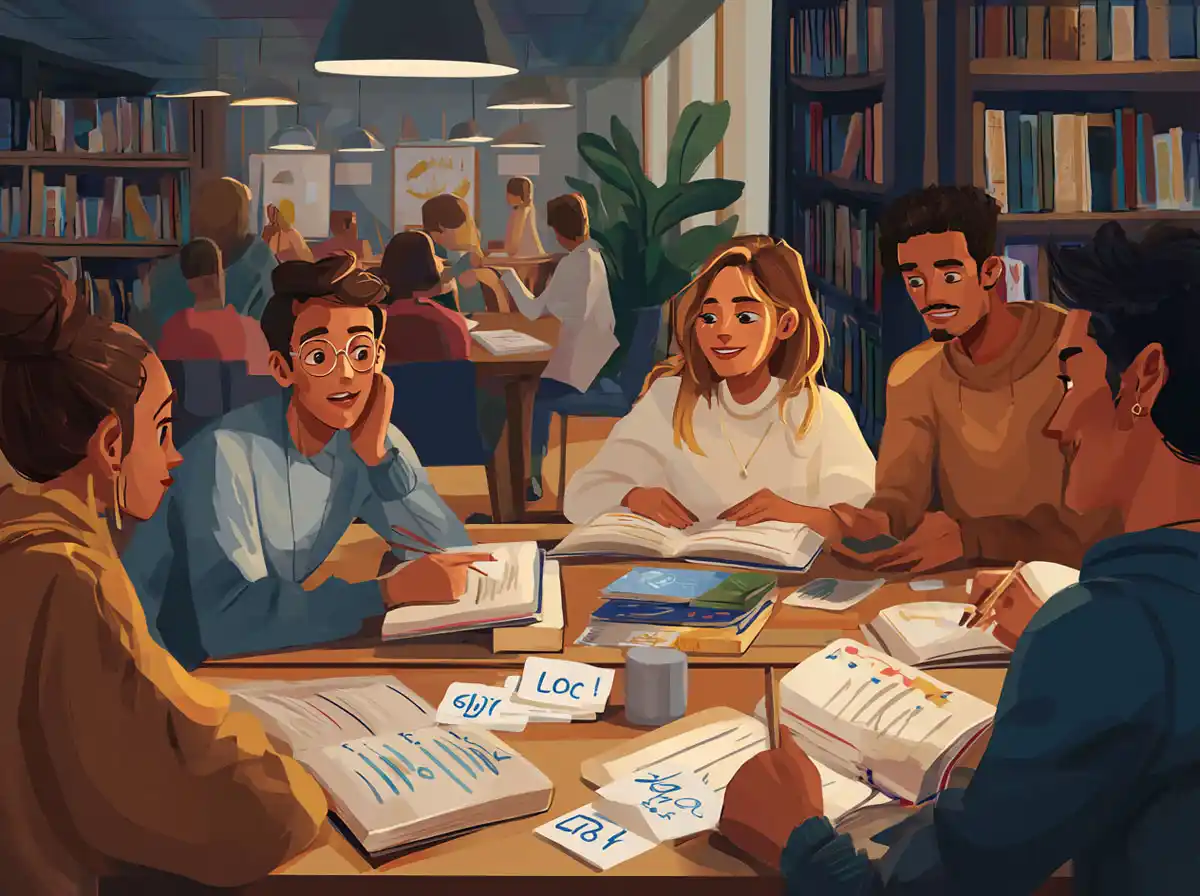Hátíð
The Icelandic word for festival or celebration is hátíð. It is a general term that can apply to both large-scale events and small gatherings. Whether it is a music festival or a family celebration, the word hátíð encapsulates the spirit of festivity.
Þjóðhátíð í Vestmannaeyjum er vinsælasta hátíðin á Íslandi. – The national festival in Vestmannaeyjar is the most popular festival in Iceland.
Menningarnótt
Menningarnótt, or Culture Night, is a specific event held in Reykjavík celebrated with various cultural activities. It’s a day when the city comes alive with music, art, and performances.
Menningarnótt er haldin á hverju ári og laðar að fjölda fólks. – Culture Night is held annually and attracts a crowd of people.
Þjóðhátíð
The word Þjóðhátíð translates to ‘national festival.’ This term often refers to the biggest outdoor festivals in Iceland which feature concerts, fireworks, and other public festivities, especially on Independence Day or other significant national holidays.
Þjóðhátíðarveislan er hápunktur sumarsins fyrir mörgum Íslendingum. – The national festival celebration is the summer highlight for many Icelanders.
Listahátíð
Listahátíð means ‘arts festival.’ This kind of event showcases a wide selection of arts, including theater, dance, music, and visual arts. It’s an excellent opportunity to witness Iceland’s artistic talents.
Listahátíð í Reykjavík býður upp á spennandi listviðburði. – The Reykjavik Arts Festival offers exciting arts events.
Íslenska tónlistarhátíðin
For music lovers, Íslenska tónlistarhátíðin or ‘Icelandic Music Festival’ is a must-know term. This festival is a celebration of Icelandic music and musicians across various genres.
Íslenska tónlistarhátíðin sýnir hversu fjölbreytt íslensk tónlist getur verið. – The Icelandic Music Festival showcases how diverse Icelandic music can be.
Sögudagar
Literally translated as ‘History Days’, Sögudagar refers to events or festivals that focus on the historical aspects of Icelandic culture, often including reenactments or storytelling.
Á Sögudögum eru gamlar íslenskar þjóðsögur endursegðar. – During History Days, old Icelandic folk tales are retold.
Jólahátíð
The term Jólahátíð stands for the ‘Christmas festival.’ It’s a period filled with numerous celebrations, including markets, concerts, and special events related to the Christmas season.
Jólahátíðin er tími fyrir fjölskylduna að koma saman og fagna. – The Christmas festival is a time for family to come together and celebrate.
Þorrablót
A unique Icelandic winter festival is called Þorrablót. This mid-winter feast involves traditional Icelandic food and is a way to honor the Old Norse month of Þorri.
Á Þorrablóti eru borðuð hefðbundin íslensk matvæli eins og súr hvalur. – At the Þorrablót, traditional Icelandic foods like fermented whale are eaten.
Exploring the vibrant festivals and cultural events of Iceland is an enriching experience, made all the better by understanding the language of the land. By learning words like hátíð, menningarnótt, and þorrablót, you can more fully engage with the cultural fabric of this remarkable country. Whether you’re marveling at the midnight sun during a summer festival or cozying up for a winter celebration, these words will help you navigate and appreciate the festivities to their fullest.










